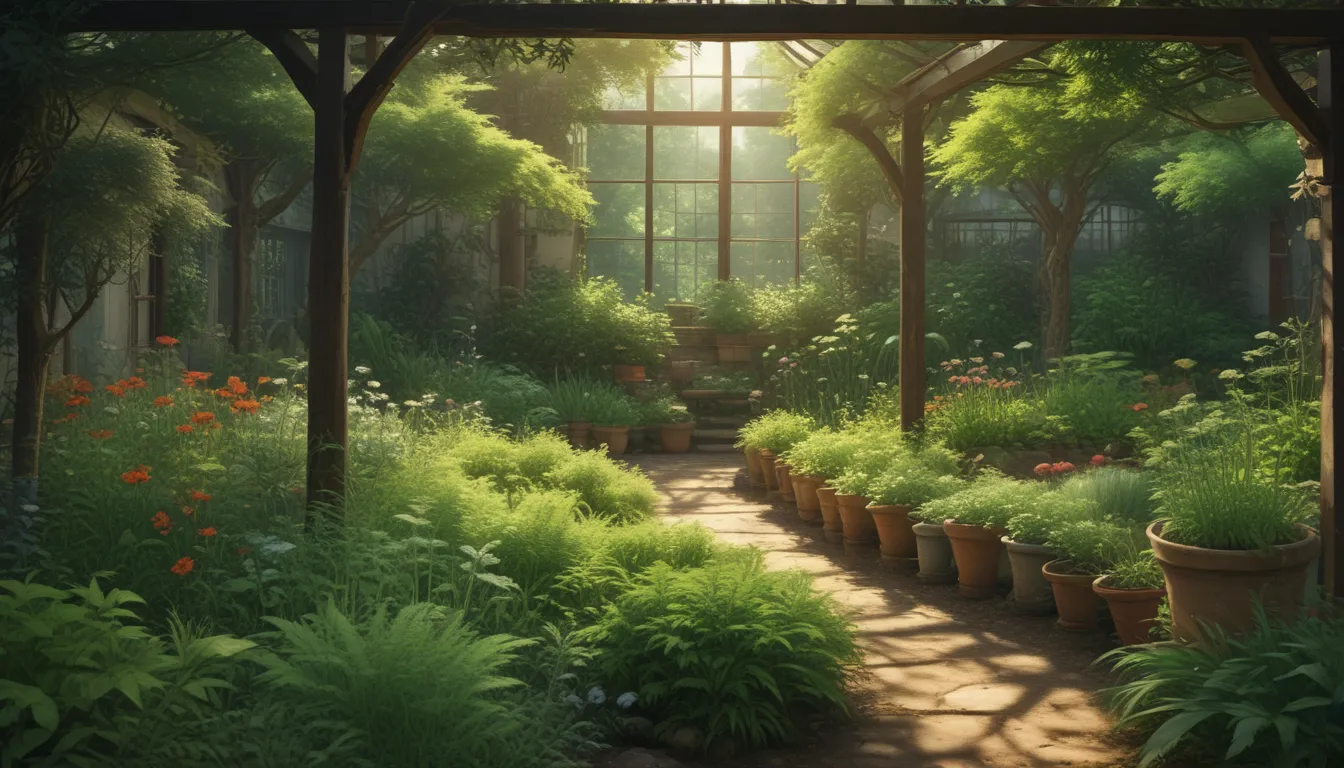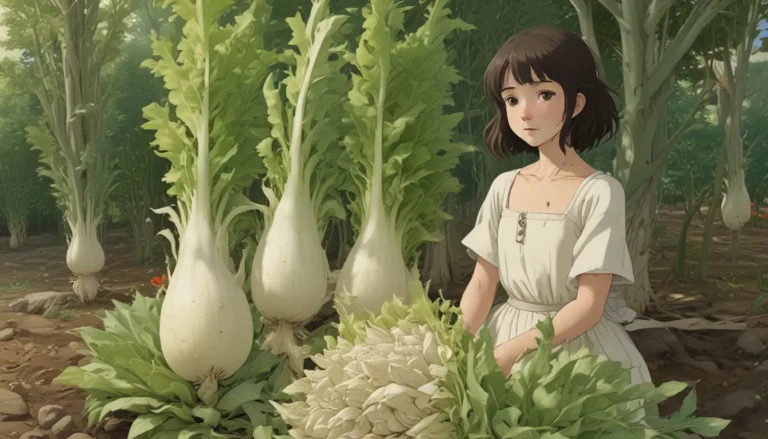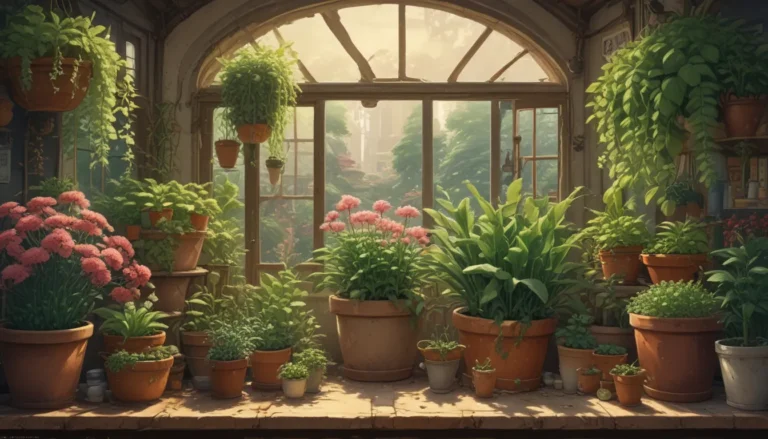Enhancing Your Garden: Discover the Perfect Plants to Grow with Dill

Dill, also known as Anethum graveolens, is a unique herb that offers a distinct flavor reminiscent of fennel, anise, and celery. With its feathery leaves that are perfect for flavoring various dishes and seeds commonly used in pickling, dill is a versatile and valuable addition to any garden. If you’re considering planting dill in your garden, you may be wondering which plants make the best companions for this herb.
Let’s explore the world of companion planting and how strategically choosing plants to grow alongside dill can benefit your garden. We’ll discuss the reasons for companion planting, the ideal plants to pair with dill, and those that should be kept at a distance.
Why Companion Plant?
Companion planting involves strategically placing specific plants together to maximize their growth and health. There are several reasons why gardeners choose to companion plant:
- Pest Control: Certain plants can repel pests that are harmful to neighboring plants, reducing the need for chemical pesticides.
- Pollination: Some plants attract pollinators, such as bees and butterflies, that benefit nearby flowering plants.
- Nutrient Utilization: Companion plants can have different nutrient requirements, allowing them to coexist without competing for resources.
- Space Optimization: Plants can be grouped based on their growth habits, with taller plants providing shade for shorter ones.
Considering these factors when planning your garden can lead to healthier plants, increased yields, and a more aesthetically pleasing landscape.
What Goes with Dill?
When choosing companion plants for dill, several options can enhance its growth and pest resistance. Here are some plants that pair well with dill:
- Cole Crops: Dill is effective at repelling pests that commonly affect brassicas like cabbage, broccoli, and kale. Planting dill near these vegetables can help protect them from pests like cabbage worms and loopers.
- Onions and Garlic: These members of the Amaryllidaceae family can repel aphids that may threaten dill. Consider planting onions and garlic near dill for added pest protection.
- Cucumbers and Lettuce: Dill attracts predatory insects that feed on pests that commonly affect cucumbers and lettuce. By growing dill near these crops, you can encourage natural pest control.
- Beneficial Insects: Dill attracts hoverflies, ladybugs, bees, butterflies, and parasitic wasps, which are beneficial for pollination and pest control in the garden. Consider planting dill near plants that can benefit from these insects.
In addition to its pest-repelling properties, dill’s feathery leaves provide a beautiful contrast to many companion plants. Keep in mind dill’s height, as it can reach 2 to 4 feet tall when planning its placement in your garden.
What You Should Not Plant with Dill
While dill can be a beneficial companion plant for many vegetables and herbs, there are some plants that should not be grown near it. Here are a few plants to avoid planting alongside dill:
- Fennel, Caraway, Celery, and Carrots: Members of the Umbellifer family, such as fennel, can potentially cross-pollinate with dill, resulting in a bitter-tasting hybrid. Mature dill can also inhibit the growth of nearby carrots.
- Peppers, Eggplant, Potatoes, and Lavender: These plants are not ideal companions for dill and should be grown separately to avoid potential growth issues.
While dill can act as a trap crop for pests that target other vegetables, it’s essential to monitor its interactions with neighboring plants to ensure optimal growth and health for all species.
Cultivating Dill for Success
Dill is a flavorful and visually appealing herb that can enhance your garden’s productivity and aesthetics. By strategically choosing companion plants and avoiding incompatible species, you can create a thriving garden ecosystem that supports diverse plant life.
Have you grown dill in your garden? Share your experiences and tips in the comments below! For more information on growing herbs, check out these helpful articles:
- How To Grow and Use Lemon Balm
- Grow Common Sage, A Mediterranean Culinary Staple
- Love It Or Hate It, Cilantro Is Easy to Grow
Enhance your gardening knowledge and create a lush, productive garden with the right companion plants for dill. Happy gardening!





